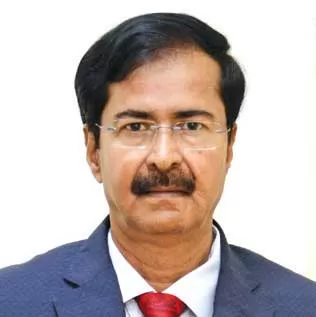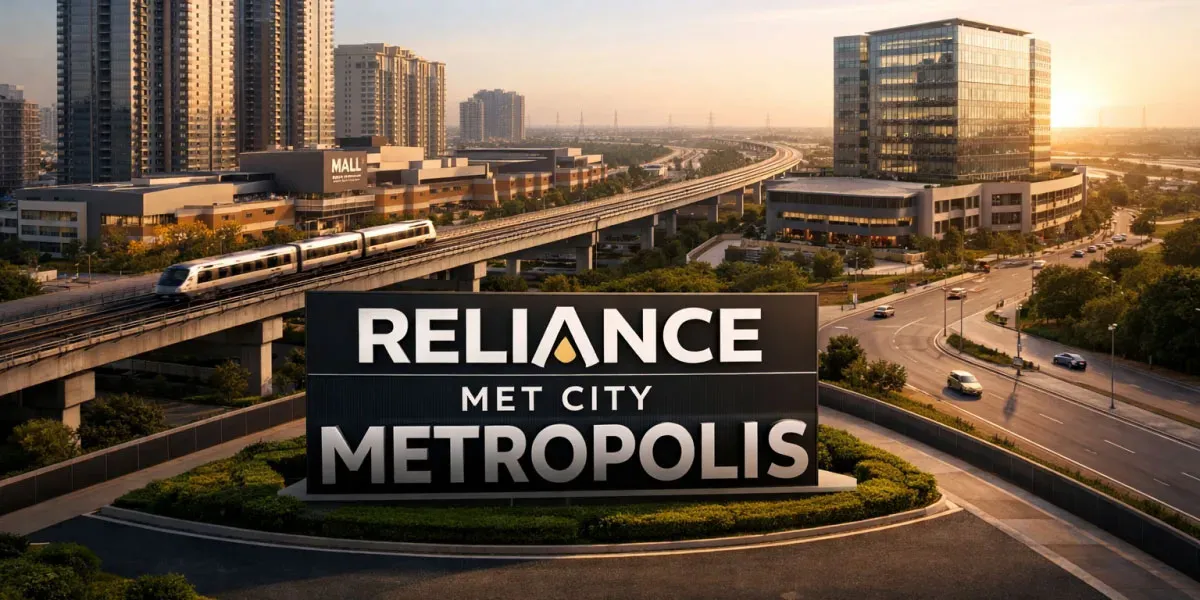SV Desai emphasises the role of advanced technologies and digital tools in enhancing coordination and enabling real-time monitoring for cost-efficient project management.
In an era where success hinges on efficiency, we are astutely leveraging technology and a suite of digital tools to substantially enhance project management, which has immeasurably improved coordination, increased productivity, and controlled costs.
The imperative of technology
Modern projects, particularly in engineering and infrastructure construction, are vast undertakings involving numerous stakeholders, strict timelines, and substantial budgets. Traditional methods of project management, which relied heavily on manual processes and isolated information, are swiftly becoming outdated. Today, the integration of technology is not merely advantageous; it is essential.
On our journey of digital transformation, we have adopted frontier technologies to tackle several core challenges in project management, including team coordination, real-time monitoring, and cost control. This has streamlined operations and enhanced efficiencies.
Enhanced coordination
One of the key benefits of adopting technology in project management is improved coordination. Digital tools enable seamless communication and collaboration among various teams, regardless of their geographical locations. Platforms such as Building Information Modelling (BIM) and Integrated Project Delivery (IPD) create a collaborative environment where stakeholders can share information in real-time.
BIM is undeniably a game-changer in project coordination, enabling all stakeholders to contribute to and access a centralised digital representation
of the physical and functional characteristics of a project.
This minimises the risk of miscommunication and ensures
that everyone is aligned, while
most importantly reducing errors
and rework.
Integrated Project Delivery
(IPD), on the other hand, aligns
the interests of all involved
parties, fostering a culture of collaboration where risks and rewards are shared, promoting transparency and trust among stakeholders. By utilising these digital platforms, we ensure smooth, efficient project coordination in line with overall objectives.
Real-time monitoring
Timely and informed decision-making is vital to the success of any project. With technology facilitating real-time monitoring, managers are equipped with up-to-date information on various aspects of project execution. Advanced analytics and dashboard tools consolidate data from multiple sources, presenting it in a comprehensive and easily
digestible format.
For example, our Project Management Information Systems (PMIS) integrate data from
various facets of project execution, including scheduling, resource allocation, and financial management, presenting managers with a holistic view of the project’s progress and enabling them to make informed decisions promptly.
Moreover, Internet of Things (IoT) devices deployed at project sites collect real-time data on equipment usage, environmental conditions, and workforce productivity. This data is then analysed to identify potential issues before they escalate, ensuring timely corrective actions. The ability to monitor projects in real-time not only boosts efficiency but also mitigates risks, safeguarding project timelines and budgets.
Cost control through
digital integration
Cost control is a critical aspect of project management, and technology plays a pivotal role in this area. By integrating digital tools into its operations, we have achieved significant success in cost management. Our Enterprise Resource Planning (ERP) systems consolidate various business processes, providing a unified platform to manage resources, procurement, and finance. By reducing redundancies and optimising resource utilisation,
ERP systems lead to substantial
cost savings.
Furthermore, predictive analytics and Artificial Intelligence (AI) are utilised to forecast project costs and identify potential financial risks. These technologies analyse historical data and current project parameters to predict future expenditures, enabling managers to allocate resources more effectively and avoid cost overruns.
Another vital aspect of cost control is Supply Chain Management. In-house developed digital tools such as Constzon and Cosmos enable managers to track and manage the supply chain more efficiently, ensuring that materials and equipment are procured at the best prices and delivered on time. This not only reduces costs but also minimises delays, contributing to the overall success of the project.
The human element in digital transformation
While technology plays a
crucial role in improving project management, the human element cannot be overlooked. We acknowledge that successful digital transformation requires concerted change management and a cultural shift within the organisation. Training and development programmes are implemented to equip employees with the skills necessary to use digital tools effectively. At our CIDCO Housing project in Mumbai, a team of over 100 Digital Ambassadors are actively spreading awareness about the digital tools deployed at the site to drive adoption. Furthermore, fostering a culture of innovation and continuous improvement is essential. We encourage our workforce to embrace new technologies and explore innovative solutions to project management challenges. By combining technological prowess with human ingenuity, we ensure our projects are not only efficient but also cutting-edge.
Some of the success stories
The impact of digitalisation is best illustrated through real-world examples. Several projects have benefited immensely from the integration of digital tools, showcasing the tangible benefits of this technological shift.
In executing India’s first Bullet Train, the Mumbai-Ahmedabad High Speed Rail project, the unique Full Span Launching Method enables the project team to construct at least
8 to 10 times faster than using conventional methods. While LiDAR technology has made surveying quicker, more accurate, and cost-efficient, digital tools manage a distributed fleet of over 2,200 assets spread across 237 km, accurately monitoring the monthly consumption of around 2.5 million litres of high-speed diesel, preventing loss and pilferage. Men, materials, and machines are all digitally managed. In fact, for the first time in the construction industry,we have developed an advanced analytics-based recommender system to decide on hiring, de-hiring, and redeploying assets based on past utilisation patterns and seasonality.
A detailed 3D model of the entire Navi Mumbai International Airport project, created through BIM, has greatly improved visualisation, aiding in planning and ensuring clash-free design for the infrastructure and airside works.
Our journey of digital transformation exemplifies the transformative power of technology in project management. By embracing digital tools, as the industry continues to evolve, our commitment to innovation and excellence ensures we remain at the forefront of project management.
The future holds great promise. Streamlining inventories in
Supply Chain Management to become asset-light, using
Robotics to enhance safety at construction sites, and employing Generative AI to improve contracts and designs are just a few of
the many ways that technology
is already reshaping the construction and engineering industries.
About the author
SV Desai, Senior Executive Vice-President (Civil Infrastructure), L&T, is a second rank holder in Civil Engineering from Gulbarga University, Karnataka and a Post-Graduate from IIT Madras. He is known for his expertise in the areas of bid-estimation, negotiation and finalisation of mega projects.
I think it's perfect.Looks good to me.Any feedback?





















